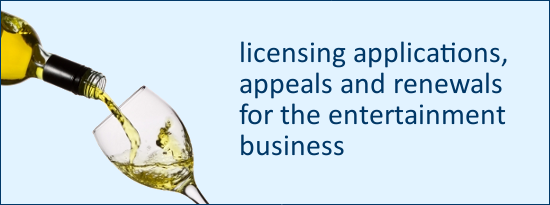
The types of licences required are:
- Any business or other organisation that sells or supplies alcohol on a permanent basis needs to apply for a premises licence.
- Anyone who plans to sell or supply alcohol or authorise the sale or supply of alcohol must apply for a personal licence.
- Qualifying members’ clubs (such as the Royal British Legion, working men’s clubs and rugby clubs) need to apply for a club premises certificate if they plan to sell or supply alcohol.
Anyone who plans to sell or supply alcohol on a temporary basis must submit a temporary event notice.
Responsible authorities
- police
- local fire and rescue
- primary care trust (PCT) or local health board (LHB)
- the relevant licensing authority
- local enforcement agency for the Health and Safety at Work etc Act 1974
- environmental health authority
- planning authority
- body responsible for the protection of children from harm
- local trading standards
- any other licensing authority in whose area part of the premises is situated
Regulated entertainment
Regulated entertainment is broadly defined as any entertainment that takes place in the presence of an audience (whether members of the public or a club), or otherwise for profit, and the premises have the purpose of providing the entertaining concerned. It may include:
- a performance of a play
- an exhibition of a film
- an indoor sporting event
- a boxing or wrestling entertainment
- a performance of live music
- playing of recorded music
- a performance of dance.




